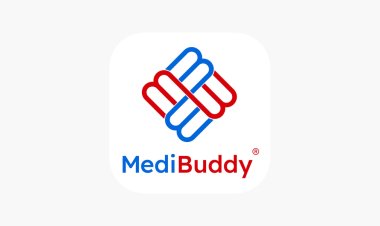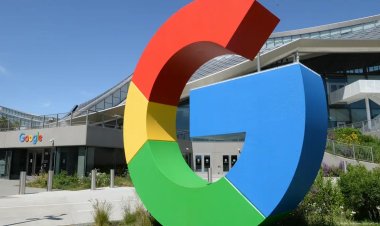Delhi HC Orders Meta to Remove Rajat Sharma Deepfakes
Delhi HC directs Meta to remove Rajat Sharma deepfakes promoting fake medicines, addressing AI-driven misinformation and safeguarding personality rights. Next hearing on April 3, 2025

The Delhi High Court has directed Meta Platforms Inc to immediately remove AI-generated deepfake videos of India TV chairman Rajat Sharma circulating on Facebook. These doctored videos falsely link him to the promotion of spurious medicines claiming to treat serious conditions like diabetes, prostatitis, and joint pain. The court also instructed Meta to disclose the details of users responsible for sharing these videos, including their names, addresses, emails, and phone numbers.
Justice Amit Bansal, in his detailed order, further asked the Department of Telecommunications (DoT) and the Ministry of Electronics and Information Technology (MEITY) to take steps to block any such websites, social media accounts, or channels associated with these violations. These measures aim to safeguard personality rights and prevent the public from being misled by gross misinformation spread using AI technology.
Rajat Sharma, through Senior Advocate Saikrishna Rajagopal, brought this issue to light, submitting links to eight Facebook posts. The petition revealed that the videos distorted his image, voice, and personality traits, falsely presenting him as endorsing fraudulent remedies. The misuse also extended to unauthorized usage of India TV logos and Rajat Sharma's show ‘Aaj Ki Baat’ trademarks, leading to a violation of intellectual property rights.
The videos not only tarnished Sharma's professional reputation but also misled the public into believing the fake endorsements were credible. The petition highlighted that misusing the reputation of a respected journalist like Sharma causes significant harm, as his professional standing embodies trustworthiness and accountability. Unlike celebrities promoting lifestyle products, Sharma’s association with such fraudulent remedies amplifies the potential harm to public trust.
Justice Bansal, in his judgment, emphasized that such actions infringe upon the plaintiff’s intellectual property rights and directed strict measures to prevent further violations. Meta Platforms has been asked to comply immediately by blocking these videos, while telecom and internet providers will assist in curbing the spread of similar infringing content.
The matter is scheduled for its next hearing on April 3, 2025, leaving no room for negligence in enforcing these orders. This legal intervention marks a critical step in addressing AI-driven misinformation and protecting individuals' rights in the digital age.

 Deepanjali
Deepanjali 










